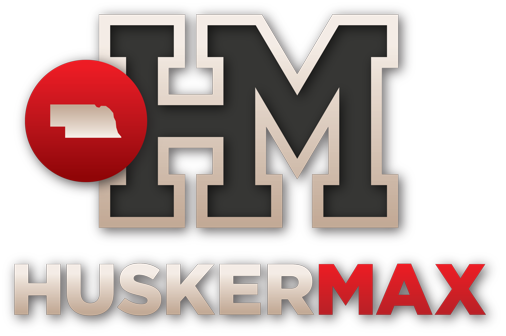Lots to unpack in this thread. A few thoughts:
-If you're an employee, can we fire you for performance? Where does that leave the B10's "can't pull a scholarsip"?
-If there's a contract for xxx $$$ can we prorate if they leave early?
- can we implement non-compete clauses?
- If DR makes a million $$$ from NIL can he waive the UNL contract? Does he then waive revenue sharing?
I know there are a lot of lawyers and smart folks here so I'm really interested in your thoughts.
The list of potential issues with "employee/employer" relationship in this scenario is long. Yes to performance, unless there's a CBA in place. Or an employment contract.
Whatever the contract says, governs. Of course, you really can't sign 17 year olds up either (you can, it's just harder).
Likely no on the non-competes. Those are currently very unfavored (especially so in NE) but newer rules from the feds (provided they hold up) will effectively make non-competes illegal, for our purposes here anyway.
Of course, if another school approaches a kid and offers them a spot or whatever, you'd have tortious interference with a business/contractual relationship claims by Nebraska against the other school.
The bigger problems though for the EE/ER relationship, is going to be benefits, OT, disability, PTO, duties the EE owes to the ER, going to school won't be a factor anymore and even if it is, there won't be a time limit (imagine a QB that's really good in CFB but knows he can't make it big in the NFL. Why leave?
The cost for a traditional EE is roughly 25% of their base salary. So if we're paying our entire football team a salary of $85,000,000 ($100k x 85) that would mean benefits alone will cost roughly another $21,250,000. That puts our costs at $106MM plus a year just for the football team employees. That doesn't count the coaches, staff, etc...
A CBA could do away with many of the problems, but of course, it creates its own set of issues as well. You could have individual employment contracts with each player too (again, solves some issues, creates others).



